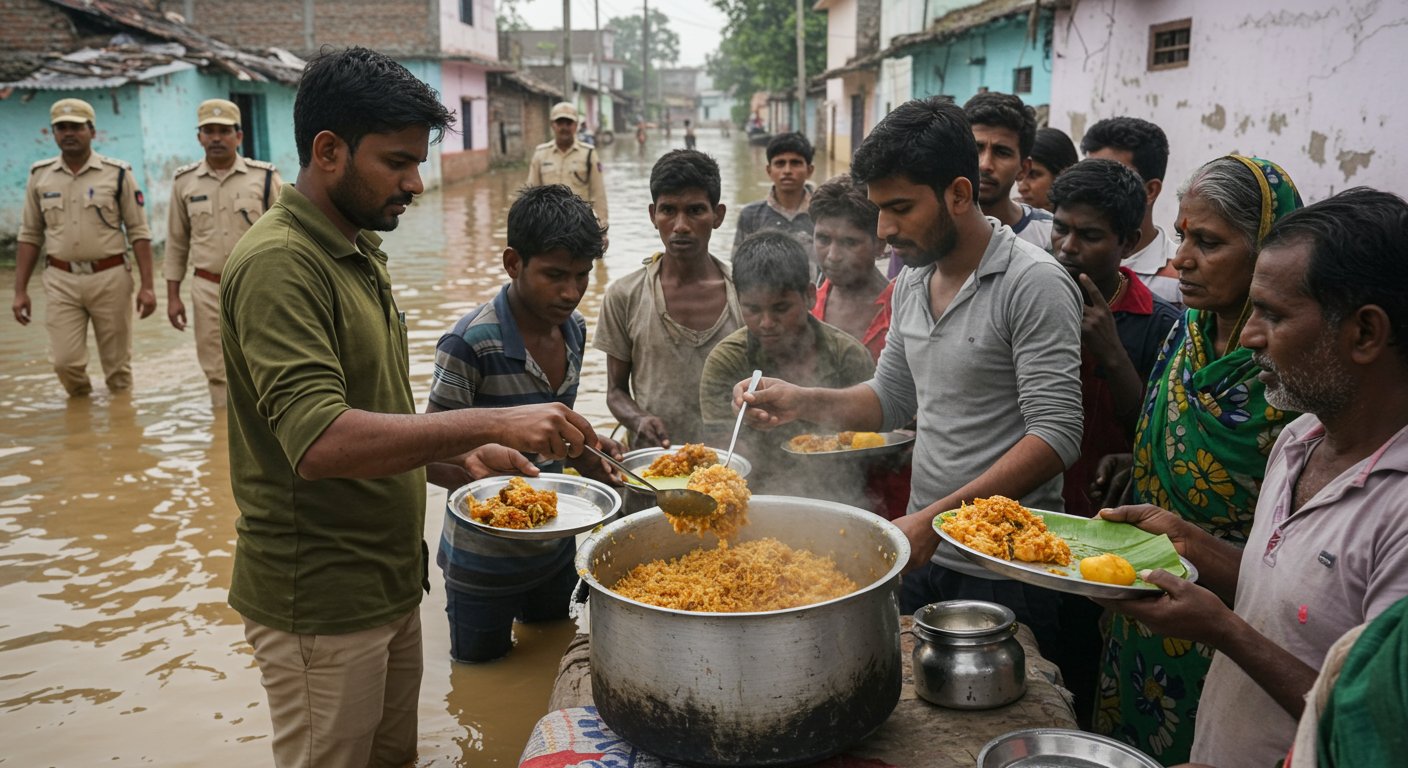The Uttarakhand Cabinet today gives its approval to two essential new laws: one for a special job share for Agniveers and another making its anti-conversion rules much tougher. This big step means young people who served in the army through the Agniveer plan will now get a certain number of government jobs in the state. At the same time, the stronger anti-conversion law adds bigger fines and stricter ways to stop people from changing religion by force or cheating. These decisions change essential rules, having a direct effect on people living in Uttarakhand.
State Government Approves Key Measures
The Uttarakhand Cabinet, led by Chief Minister Pushkar Singh Dhami, recently gave its approval to two crucial proposals: a reservation quota for former Agniveers in state government jobs and significant amendments to the state’s anti-conversion law. These decisions were made during a cabinet meeting held on Wednesday, August 13, 2025, with more than half of the 26 proposals placed before the Cabinet receiving approval. The new rules are expected to be introduced during the monsoon session of the state assembly, which is set to begin on August 19.
Jobs for Former Soldiers
The Uttarakhand Cabinet has approved a plan to provide a 10 percent horizontal reservation for former Agniveers in various state government positions. This decision means that individuals who complete their four years of service under the Agnipath scheme will have a reserved portion of government jobs available to them. The reservation specifically applies to uniformed posts in Group ‘C’ categories across different state government departments. The types of jobs identified for former Agniveers include roles such as constables and sub-inspectors in the fire, civil police. jail police departments. It also covers positions like forest guards, patwaris in the revenue department. jobs within the excise and state transport departments. Beyond the job quota, former Agniveers will receive additional benefits. They will be excused from physical fitness tests during direct recruitment. Moreover, they will be given an age limit relaxation, making it easier for them to join state service after their time in the armed forces. This move by the government aligns with earlier announcements. Chief Minister Pushkar Singh Dhami had previously stated on Kargil Vijay Diwas, July 26, 2025, that the state government was preparing to offer this reservation. This step is seen as a way to support soldiers and their families, especially as the first group of Agniveer personnel completes their service and returns home. Uttarakhand has a strong history of military service, with a large number of its citizens joining the armed forces.
“We are preparing to give 10 per cent horizontal reservation to Agniveers in the police, transport, forest and other government departments. A proposal in this regard will soon be brought for cabinet approval. Agniveers who complete four years of service under the Agnipath scheme will get its benefits,” Chief Minister Pushkar Singh Dhami said in an earlier statement.
Making Anti-Conversion Laws Stronger
The Uttarakhand Cabinet has also approved essential changes to the state’s anti-conversion law. This will be the second time the Uttarakhand Freedom of Religion Act, which has been in effect since 2018, is amended. The first changes were made in 2022. The new amendments aim to make the law much stricter to prevent religious conversions that happen through force, trickery, or improper influence. The proposed changes introduce much harsher penalties for those found guilty of illegal conversions. Under the current law, the maximum jail term for such an offense is 10 years. the highest fine is Rs 50,000. The new bill proposes a maximum punishment of life imprisonment and a fine of up to Rs 10 lakh for forced conversions. Here is a breakdown of the proposed new punishments:
- For general violations of the law, the punishment will be three to 10 years in jail.
- In cases involving a minor, a woman, a person from a Scheduled Caste or Scheduled Tribe, or someone with a disability or mental challenge, the jail term will be five to 14 years.
- For very serious cases, the punishment can range from 20 years to life imprisonment, along with heavy fines.
Key Details of the New Rules
The new amendments expand on what counts as illegal inducement for conversion. The definition now includes giving gifts, money, or other material benefits. It also covers offers of employment, free education, or promises of marriage. Even actions that hurt a person’s religious beliefs or praise another religion to promote conversion will be considered crimes. A notable addition to the law is the ban on using digital methods to promote or encourage conversions. This means acts like spreading propaganda or inciting conversion through social media, messaging applications, or any other online platform will be punishable offenses. The new legislation also makes fraudulent or forced conversion a “cognizable and non-bailable” offense. This means police can arrest a person accused of such a crime without needing a warrant. Bail will only be given if the trial court is fully convinced that the accused is not guilty and will not repeat the offense. The bill also includes specific provisions for strict punishment if a marriage is done by creating a false identity or hiding one’s religion. To support victims of illegal conversions, the bill makes provisions for their protection, rehabilitation, medical care, travel. daily living expenses.
Why the Law is Being Changed
The state government has stated that these stricter provisions are needed because of recent cases of conversions in the state that aim to change the population mix. Officials believe that because Uttarakhand is a border state, such changes could also affect the country’s safety. BJP leader and former chairman of the Badrinath-Kedarnath Temple committee, Ajendra Ajay, called the Cabinet’s decision on the anti-conversion law historic.
He said, “An amended act with stricter provisions will work as a strong deterrent for potential offenders and help preserve the original identity of a border state like Uttarakhand, which is also known as Devbhoomi.”
The government has also stated that the purpose of this law is to protect the religious rights of citizens, prevent conversions done through trickery, inducement, or pressure. maintain peace and harmony in society. ![]()










